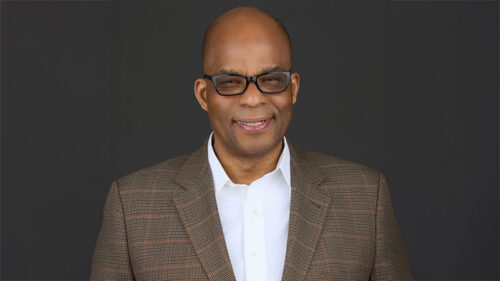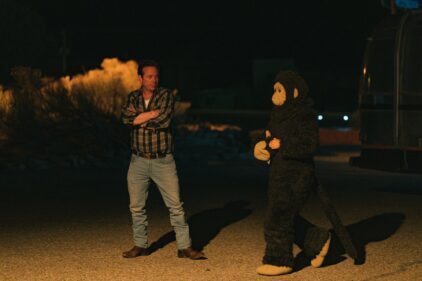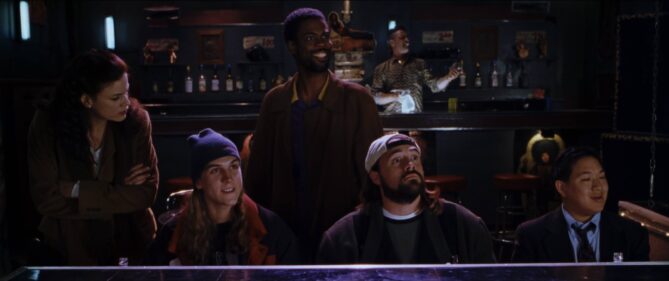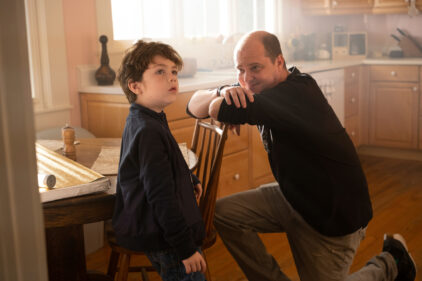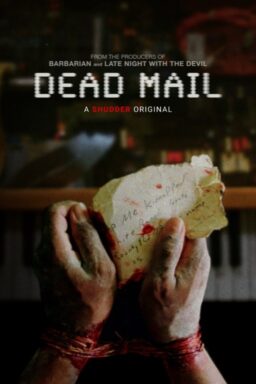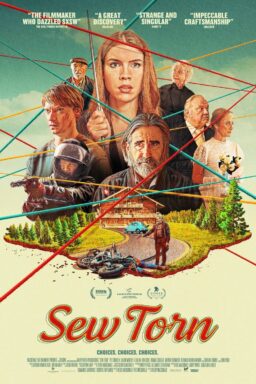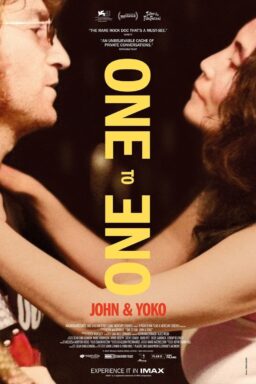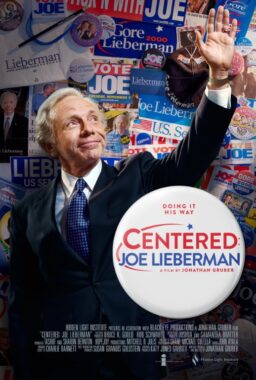EL AIR, CA – “Ah, yes, the Sin of Pride,” Gene Wilder says, nodding his head as if reminded of an old and familiar friend. “You thought you knew where the West Gate was, but, in reality…” Right, I said. I was thinking of the East Gate.
“I can’t begin to tell you how many people have made the same mistake. And since you thought you knew…you didn’t ask.”
And because I didn’t ask, I said, the woman on the phone at Warner Brothers didn’t tell me.
“And so you didn’t know,” Wilder said. “But you thought you knew, which is, I suppose, the Sin of Pride, and so you got lost on your way here. Pride is not the worst of sins. In fact, it’s one of the most interesting ones. Well, come in, come in…you’re an hour late, but that’s all right. I’d like you to meet my sister. She’s just going out for a walk.”
Wilder’s sister smiled brightly in the entranceway and passed me on her way out. “Don’t walk too far,” Wilder called after her. “She’s visiting from the East.”
He lives in a sunny little house in Bel Air, which has been described as the village that looks down on Beverly Hills. To get there you turn off of Sunset through one of the two gates – the West Gate, in Wilder’s case – and wind your way up past the mansions and the flowering shrubs and the private tennis courts until you reach Chalon Road, and then Wilder’s house is the one with the funny mailbox. I call it a “little” house because, as houses go in Bel Air, it is little. It would come on the Chicago real estate market as a small mansion.
Gene Wilder led the way into a sunny kitchen and began to make tea with great precision. First he filled the teapot with warm water. Then he put on water to boil. Then he got out his one-pound tin of Twining’s Earl Grey mixture. I began to ask him if he learned the tea ritual while he was in England making “Sherlock Holmes’ Smarter Brother,” but there wasn’t time:
“You have come,” he said, “at a terrifically important moment. I have a new movie coming out; ‘The Frisco Kid,’ but I have absolutely nothing committed after that. What will I do next? I have to make a decision that will affect my future for the next one to two years. Perhaps you can advise me.”
He poured the warm water out of the teapot and combined the boiling water and the tea. “I have several projects on the back burner right now, and the question is – which one to bring to the front burner? I’d like to make a movie with the French actor Pierre Richard, who was the Tall Blond Man with One Black Shoe. It will be called ‘The Naked Lady.’ It is based on the fact that we resemble each other, and I walk into the wrong office at the right time, and am kidnapped, and refuse to talk in code because, in fact, I do not know the code, because I am not the man they think they’ve kidnapped.
“So that is one project. Richard is all set to go. I am all set to go. But where can we find a director? Who can direct comedy? Why is comedy so hard to direct? You make a list: Mel Brooks, Buck Henry, Mike Nichols…The question is, should I direct it? Myself? And give up two years of my life as the director and star, when to simply appear in the film would only take several months? Let’s go in here.”
He led the way to his living room, and we sank into overstuffed sofas on opposite sides of a big coffee table. “On the other hand,” Wilder said, “there are some other projects I have around. Like ‘Haunted Honeymoon! Or ‘Alone with My Girl’…that would be a serious one, suggested in some respects by my relationship with my adopted daughter. Or one called ‘How to Kiss Someone You Don’t Love.’ What to do?”
Gene Wilder sipped his tea and, regarding him, I reflected on the first time we’d met, almost 10 years ago. He was in a film called “Willy Wonka and the Chocolate Factory,” which I still consider one of the overlooked comic masterpieces – not just a good “family film,” but a good film – and Wilder had talked about the notion of pretending in acting.
By that he didn’t mean “pretending” in the first dictionary sense. He meant projecting the feeling that you were pretending. Letting the audience suspect that there was something else, something wonderful and mysterious, beneath the surface that the character was pretending to exhibit. Willy Wonka, for example, seemed to be a heartless candy manufacturer who gleefully allowed small children to disappear into large rivers of chocolate. But there was something more, a mystery, a pretending…and the kids in the audience picked up on it so naturally that somehow they knew those kids weren’t really drowning in chocolate.
All of Gene Wilder’s roles have something of that quality. There is a sparkle in his eye, a certain way he has of smiling, a style of speech that suggests more than is being said. There’s a secret…he’s in on it…we’d like to be. It brings a dimension to his acting that sets him aside from other comic actors and allows him to move into the comic-serious roles in films such as “Quackser Fortune Has a Cousin in the Bronx” or the 1973 American Film Theater version of Ionesco’s “Rhinoceros.” Indeed, in his very first film role, as the hapless undertaker who was kidnapped in “Bonnie and Clyde,” he was able to suggest so much about the character, to intrigue us about this guy in one brief scene, that I’ve sometimes wondered why that undertaker character wasn’t spun off into a movie of his own.
But good screenplays are not that easy to come by, which is the point Wilder was in the midst of making:
“People don’t hand you ‘Springtime for Hitler’ every day of the week,” he said. That was the original title of Mel Brooks’ classic “The Producers” (1968), which was Wilder’s first starring role, opposite Zero Mostel. “There seems to be a pattern. I get one good script every two years. ‘Blazing Saddles.’ ‘Silver Streak.’ ‘The Frisco Kid: Two and two and two. So I’ve had to try to write my own. ‘Young Frankenstein’ was my first try. Not bad. Then ‘Sherlock Holmes’ Smarter Brother,’ which was not at all bad for my debut as a writer, actor and director. Then…’The World’s Greatest Lover.’ Umm.”
The “umm” was because “The World’s Greatest Lover,” which Wilder also wrote, directed and starred in, was not a great success. In fact, it was a flop, his first.
“My basic mistake in ‘The World’s Greatest Lover’,” he said, “was that I made the leading character a neurotic kook and sent him to Hollywood. I should have made him a perfectly normal, sane, ordinary person, and sent him to Hollywood. The audience identifies with the lead character. They would have found it much funnier to have him be normal and walk into bizarre events. That…that was the lesson of ‘The World’s Greatest Lover’.”
And now, I said, comes “The Frisco Kid,” your newest film, which is coming out in July. “Ah, yes. A comedy with a difference. The screenplay has been around for seven years. Everybody has always agreed that it was a brilliant story, but nobody could figure out what kind of a story it was. A comedy? An adventure? A Western? It’s set in the 1850s, and I play a rabbi from Poland who finishes 37th out of a class of 38. All of my superiors agree that there is no possibility whatsoever that I could survive a journey across America, through the Wild West to San Francisco. Never in a million years! So they send me.
“So…I get robbed, and beaten up, and then I fall in with this bank-robbing, whoring, cussing outlaw, played by Harrison Ford. We are captured by Indians, and so on, and we become friends, and push on for San Francisco. It’s a wonderful story. I worked on a couple of the drafts, and it’s been directed by Robert Aldrich.”
Aldrich, I said, seems like a good choice. He specializes in male action-comedies, like “The Dirty Dozen” and “The Longest Yard.”
“Yes, and in movies about individuals who try to beat the system. So that is my new movie. But…what to do next? We’re right back where we started.”
What steps are you taking to make up your mind? I asked.
“None. My mind will make up itself. In the meantime, I’m up at 8:30 every morning. I make tea. I read the sports page and the front page. I never read the entertainment page because it’s nothing but lies. My secretary arrives. We work until about 1:30 in the afternoon, on whatever screenplay I’m working on. We stop when we seem to come to the end of a scene. In the afternoon, I try to do something physical. Last year I had the shingles. The doctor told me to concentrate on hitting the little white ball. It seemed to work. And work works. When I’m not working on something, I seem to go through periods of depression. It helps to keep busy.”
I wonder if it’s true, I said, that old cliche that comedians and comic actors, people who make other people laugh, are always sad people themselves. Laughing on the outside, crying on the inside…”I know a lot of sad people who aren’t comedians,” said Gene Wilder.

